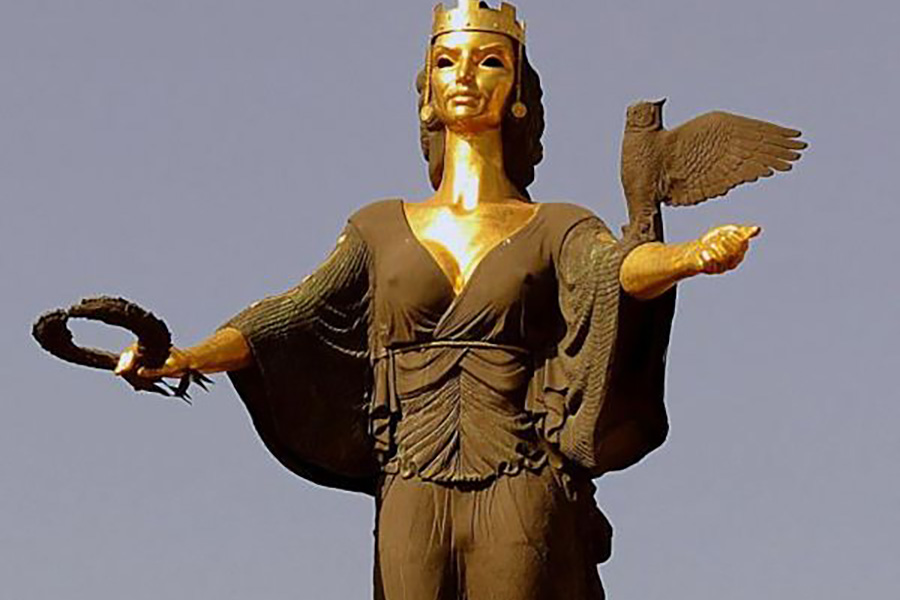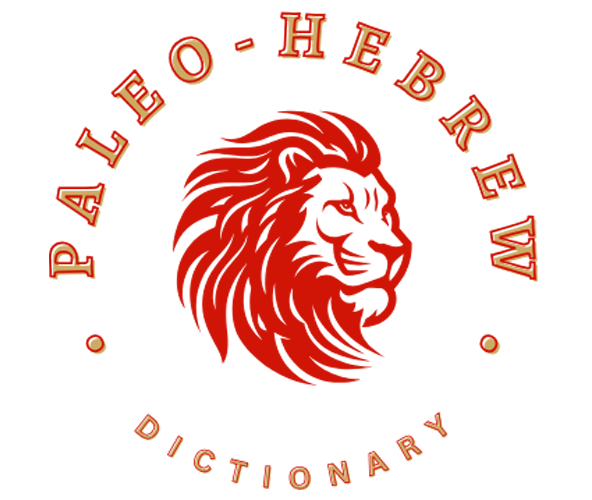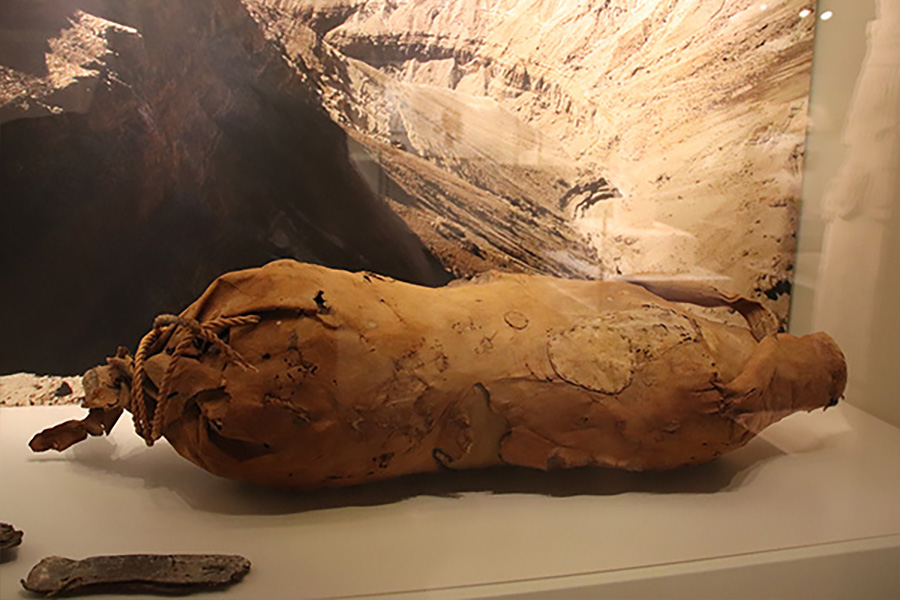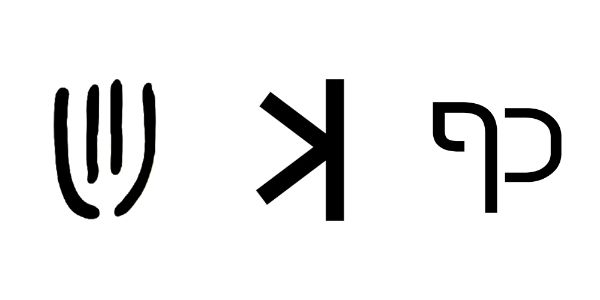The word khakamah (𐤇𐤊𐤌𐤄) means “wisdom” meaning a person employed to convey official dispatches or to go on other official or special errands.
The Paleo-Hebrew language or the original language of the Ābarayam is one spoken with an emphasis on the rauakh (breath, wind, spirit). With the language of the Ābarayam, each letter has a meaning and a number associated with it that adds meaning to each word they’re used with. Below you will be able to learn more about the letter in Ancient Hebrew, Yiddish Hebrew, Greek, and much more.
Letter Meanings
| Letter | Meaning |
|---|---|
| 𐤇 (kh) – kha | tent wall, fence, separation, divide, abdomen, belly |
| 𐤊 (k) – ka | palm of the hand, to open, tame, subdue, bend, curve |
| 𐤌 (m) – ma | Water, Chaos, mighty, liquid, massive, sea, blemish |
| 𐤄 (h) – ha | look, behold, the, reveal, breath, life, man Suffix: to, toward, in the direction of, -ward, her, feminine form, it |
| Ābarayat Number | 73 = 8 (kh) + 20 (k) + 40 (m) + 5 (h) |
| Hebrew Gematria | 69 = 10 (k) + 8 (h) + 1 (a) + 10 (k) + 1 (a) + 30 (m) + 1 (a) + 8 (h) |
| English Gematria | 324 = 66 (k) + 48 (h) + 6 (a) + 66 (k) + 6 (a) + 78 (m) + 6 (a) + 48 (h) |
| Simple Gematria | 54 = 11 (k) + 8 (h) + 1 (a) + 11 (k) + 1 (a) + 13 (m) + 1 (a) + 8 (h) |
Based on the meaning of the letters the word could be defined as:
- “fence (protection) to tame chaos of breath (life)”
- “separation of palm of hand of mighty man”
- “separation to open a sea of breath (life)”
Definitions for 𐤇𐤊𐤌𐤄 / khakamah
| Language | Word | Transliteration | Pronunciation | Definition |
|---|---|---|---|---|
| Ābarayat | 𐤇𐤊𐤌𐤄 | khakamah | kha-ka-maw’ | skill, wisdom, wisely, wits |
| English | wisdom | wisdom | wiz-duhm | the quality or state of being wise; |
| Hebrew | חָכְמָה | chokmah | khok-maw’ | wisdom |
| Arabic | حكمة | hikma | hick-ma | wisdom, intelligence, maxim, prudence, proverb, foresight, aphorism |
| Greek | σοφία | sophia | sof-ee’-ah | wisdom, insight, skill (human or divine), Intelligence |
Images for 𐤇𐤊𐤌𐤄 / khakamah


Sophia the Goddess of Wisdom
Sophia is a central idea in Hellenistic philosophy and religion, Platonism, Gnosticism, and Christian theology. Originally carrying a meaning of “cleverness, skill”, later on, the meaning of the term, became close to the meaning of Phronesis (“wisdom, intelligence”), which was significantly shaped by the term philosophy (“love of wisdom”) as used by Plato.
Sophia is not a “goddess” in classical Greek / 𐤉𐤅𐤍 (Yauan) tradition; Greek goddesses associated with wisdom are Metis and Athena / 𐤏𐤍𐤕 (Ānat). By the time of the Roman Empire / 𐤀𐤃𐤅𐤌𐤉 (Adauamay), it became common to depict the cardinal virtues and other abstract ideas as female allegories. Thus, in the Library of Celsus in Ephesus / 𐤀𐤐𐤎𐤅𐤎 (Apasauas), built in the 2nd century, there are four statues of female allegories, depicting wisdom (Sophia), knowledge (Episteme), intelligence (Ennoia), and valor/excellence (Arete). In the same period, Sophia assumes aspects of a goddess or angelic power in Gnosticism.
In the Orthodox Church and the Roman Catholic Church, the feminine personification of divine wisdom as Holy Wisdom (Ἁγία Σοφία Hagía Sophía) can refer either to Jesus Christ the Word of God or to the Holy Spirit.
Definitions for 𐤇𐤊𐤌𐤄𐤉 / khakamahay
When adding the 𐤉 (yad) to the end of a word, it creates a possessive of the original word. It can either signify “my…” or identify a member of a nation. For example, 𐤏𐤁𐤓 (Ābar) is the progenitor, but 𐤏𐤁𐤓𐤉 (Ābaray) is the singular descendant of him also known as a Hebrew.
| Language | Word | Transliteration | Pronunciation | Definition |
|---|---|---|---|---|
| Ābarayat | 𐤇𐤊𐤌𐤄𐤉 | khakamahay | kha-ka-ma-hey | wise |
| English | wise | wise | wahyz | having the power of discerning and judging properly as to what is true or right; possessing discernment, judgment, or discretion. |
| Hebrew | ||||
| Arabic | ||||
| Greek |
Images for 𐤇𐤊𐤌𐤄𐤉 / khakamahay


Definitions for 𐤇𐤊𐤌𐤄𐤉𐤌 / khakamahayam
When adding the 𐤌 (mayam) after the 𐤉 (yad) to the end of a word, it creates a plural of the original word. It can identify multiple members of a nation. For example, 𐤏𐤁𐤓 (Ābar) is the progenitor, but 𐤏𐤁𐤓𐤉𐤌 (Ābarayam) are the plural descendants of him also known as Hebrews.
| Language | Word | Transliteration | Pronunciation | Definition |
|---|---|---|---|---|
| Ābarayat | 𐤇𐤊𐤌𐤄𐤉𐤌 | khakamahayam | kha-ka-maw’-yawm | wise |
| English | wise | wise | wahyz | having the power of discerning and judging properly as to what is true or right; possessing discernment, judgment, or discretion. |
| Hebrew | ||||
| Arabic | ||||
| Greek |
Images for 𐤇𐤊𐤌𐤄𐤉𐤌 / khakamahayam


Definitions for 𐤇𐤊𐤌𐤄𐤉𐤕 / khakamahayat
When adding the 𐤕 (tau) after the 𐤉 (yad) to the end of a word, it creates a plural of the original word. It identifies the language or a sign of a nation’s existence. For example, 𐤏𐤁𐤓 (Ābar) is the progenitor, but 𐤏𐤁𐤓𐤉𐤕 (Ābarayat) is the language of him also known as Paleo-Hebrew language.
| Language | Word | Transliteration | Pronunciation | Definition |
|---|---|---|---|---|
| Ābarayat | 𐤇𐤊𐤌𐤄𐤉𐤕 | khakamahayat | kha-ka-maw’-yawt | smart |
| English | smart | smart | smahrt | having or showing quick intelligence or ready mental capability |
| Hebrew | ||||
| Arabic | ||||
| Greek |
Images for 𐤇𐤊𐤌𐤄𐤉𐤕 / khakamahayat


Classification
You can continue your studies of the words by viewing Strong’s entries for:




